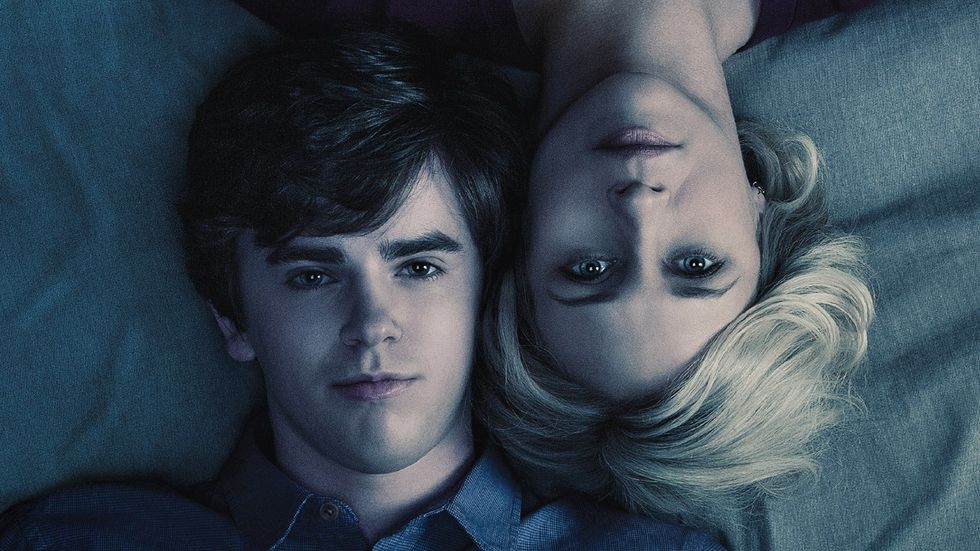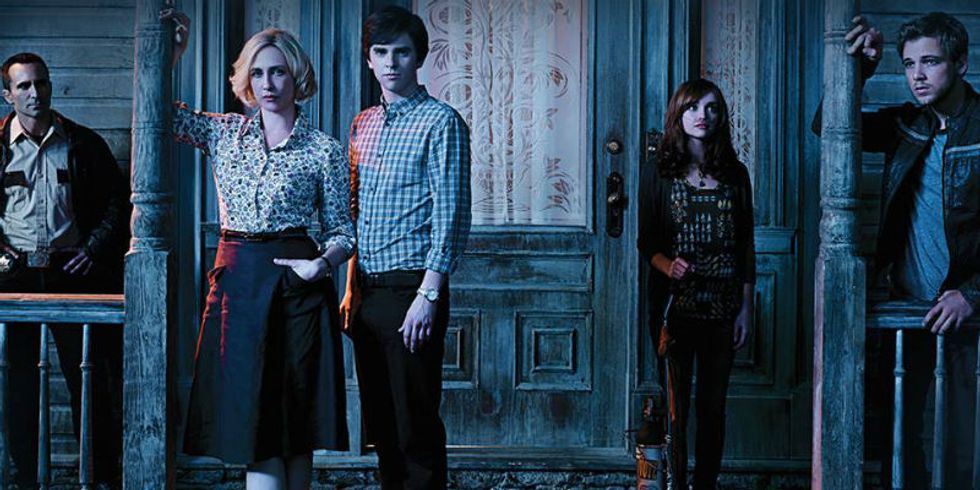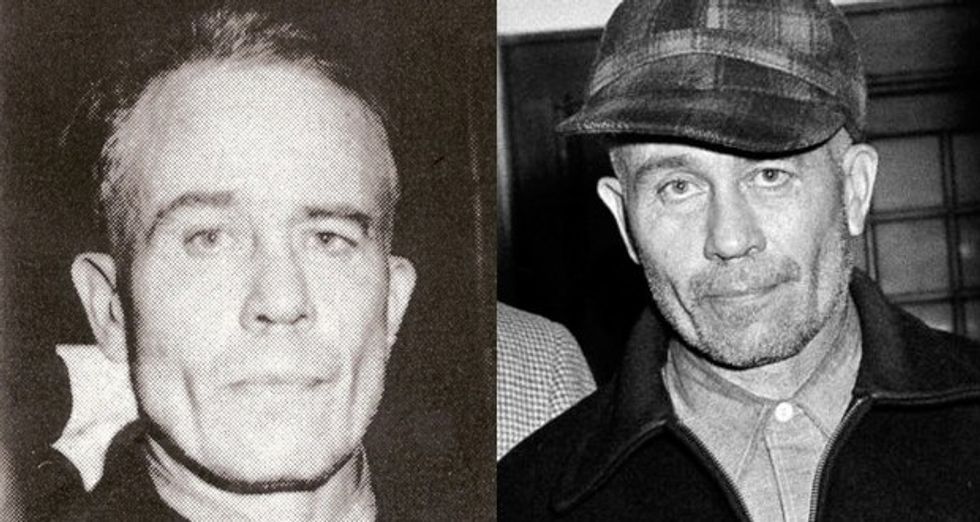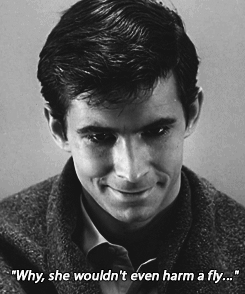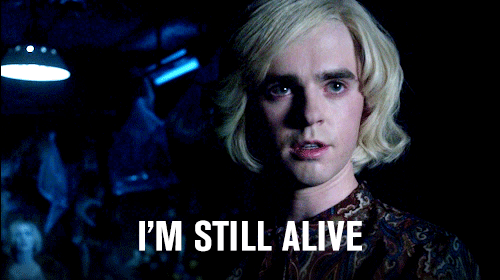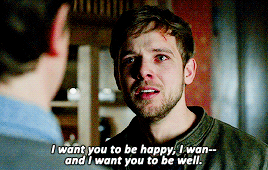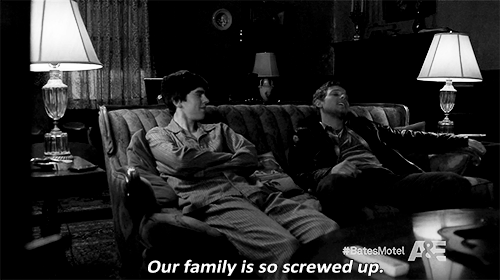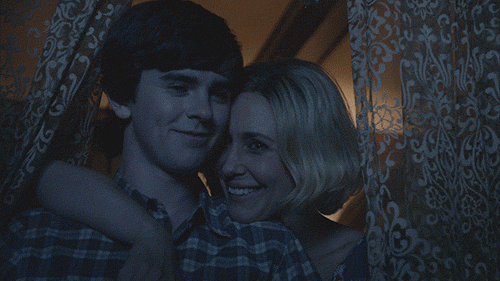Goodbyes are never easy. Losing a television show you love is hard because those characters who have been a part of your weekly experience are suddenly gone. Sure, you can re-watch old episodes to keep those characters alive, but subconsciously you know you’ll never get new adventures with your favorite fictional people that made you laugh, cry, inspired you, enraged you, or taught you. That anticipatory high after getting amped-up for a new episode, the conversations with other fans over new scripts and scenes that you just can’t get enough of or cliffhangers that threaten to drive you mad. These are just a few of the elements that suddenly disappear when a show you have become invested in ends its run.
The most recent bittersweet loss is A&E’s “Bates Motel.” Loosely based on the 1960 Alfred Hitchcock classic, “Psycho,” the series followed the story of Norman and Norma Bates and the various family members and townspeople that are drawn into the Bates’ complex lives.
(Warning: Spoiler Alert!)
Norman Bates was a fictional character originally inspired by the very real serial killer, Ed Gein, who exhibited a fascination with “human taxidermy” and an obsession with his mother after her death in the 1950's. Endlessly devoted to his mother in life, her passing resulted in Gein grave robbing, in which he collected body parts that he used for trophies, necrophilia and taxidermy. This escalated to the disturbed man eventually killing at least two women before The Butcher of Plainfield was arrested.
The classic horror film gave audiences a taste of the fictionalized version of Ed Gein, watching in horror as Norman Bates, dressed in his dead mother's clothes and a wig, killed people while truly believing his dead mother was still alive and committing these heinous acts herself. "Bates Motel," while focusing on the perplexing and endlessly complicated relationship between mother and son, gave viewers a different Norman, one to actually cheer for. The creators came up with a five season story and within that time offered a very intimate look at severe mental illness. Mental health was addressed in such a way that we grew with Norman as his symptoms from his dissociative identity disorder (multiple personality disorder), otherwise known as DID, began to make appearances and progressed throughout each season. In the movie "Psycho," Norman was framed unquestionably as a villain disturbed by hallucinations and madness. In "Bates Motel," there’s something far more sympathetic to the character as he is never a villain; just a boy who loves his mother wrapped up in a codependent relationship. He is unknowingly (at first) spiraling slowly as his mental illness begins to widen the cracks in his subconscious over time. He is a young man who desperately needs help, with a mother who initially is scared to reveal to the world what Norman is suffering from (and has done) in case he is taken away or mistreated. No matter how many people Norman or his other identity, Bad Norma, killed or hurt, you always felt sorry for him because the “real” Norman wouldn’t even harm a fly.
The series was often a mixture of reality and fantasy as sometimes the hallucinations felt like we had been taken into another world. This was handled brilliantly by the cast and crew, spearheaded by the amazing writers and creators of the series. I cannot begin to say enough about how talented the cast was every season, especially Freddie Highmore and Vera Farmiga. The fact that Freddie has not received an Emmy nomination for his portrayal as Norman Bates, ranging from normal Norman to his various symptomatic states, is absurd. The young leading man embodied a kid not only dealing with usual life stresses (i.e. high school) but effortlessly showcased a boy slowly slipping in and out of his mental illness and eventually developing DID to the extent of believing at times that he was his mother. To deal with some of the murders he committed, or when life was simply too stressful and terrible, "Bad Norma," as the crew lovingly named her, took over in Norman's mind. To him, the hallucinations were real, and his loving mother was actually the one committing the killings when in reality, it was another personality of Norman's so heavily integrated in him that he had been carrying her around since he was a child, likely stemming from his abusive father. Bad Norma was a false being meant to protect Norman from the world, and she wasn't afraid to get her hands dirty. Norman's symptoms resulted in him carrying out several classic moments from the film, such as the famous shower death scene (reimagined in a unique twist) and Norman dressing up like his mother when Bad Norma randomly took over his identity.
Vera is a veteran in the industry, and Norma Bates has become arguably her most significant and best role to date. Norma was written with many layers, an incredibly emotional, troubled, complicated, loving, devoted and an unapologetic woman that would not have been adequately captured by any other actress. Not only did Vera play her with perfection, but displayed her enormous talent when also playing the other versions of Norma, especially when she embodied Bad Norma when Norman's other personality took over, or when she had to play dead.
Max Thieriot gave life to a newly imagined member of the Bates family, Norman's older brother, Dylan Massett. Estranged from his mother when the series starts, no matter how much Dylan went back and forth between loving or hating Norma, he always wanted what was best for Norman. Ultimately, he loved his family, no matter how painful their relationship could be. His final actions in the series finale resulted in the most tragic yet bittersweet end that was beautifully crafted by all involved.
At its core, what made "Bates Motel" really special was the complex family dynamic. No matter how much Norman, Norma and Dylan fought against and for one another, in the end, the love for each other was real, complicated and profound. Freddie Highmore discussed the final, gut-wrenching scene between the brothers, calling it heartbreaking as he discussed that the "ultimate tragedy is that everyone in that trio - Norman, Norman, and Dylan - all wanted the same thing. They wanted to be a family." However, their problems were too insurmountable, and no matter how badly they ended up wanting to be together, the Bates family couldn't overcome those problems and make it happen. Not all three of them, anyway.
Thank you, Bates Motel, for making mental illness something tangible and human. Thank you for honoring Hitchcock’s plausibly most famous film while also being brave enough to take the characters down a path and story you wanted to tell. Thank you for showing that humanity fits somewhere in the gray area, that people are far more complex than their labels. Thank you for shining a light on how even the most dysfunctional families can still survive through love, in life and in death. To the incredible writers, cast, crew and the memories, "Bates Motel" and its characters will forever be missed.



